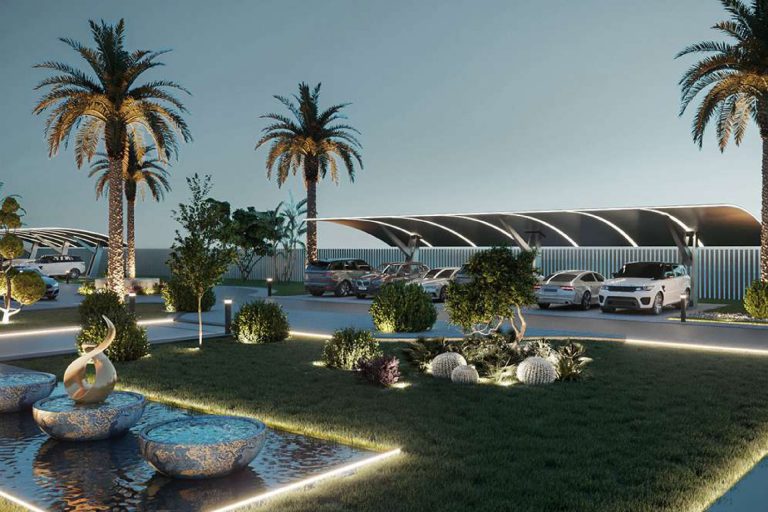In the heart of Dubai’s dynamic urban landscape, where innovation and luxury converge, a new trend is emerging that is transforming outdoor spaces into smart and sustainable environments. With a focus on efficiency, connectivity, and environmental stewardship, Dubai’s outdoor spaces are embracing cutting-edge technology to enhance the quality of life for residents and visitors alike. From parks and gardens to public squares and waterfront promenades, smart landscaping is reshaping the city’s outdoor experience, creating vibrant, interconnected, and environmentally conscious spaces for all to enjoy. For more information check out landscaping companies in dubai
One of the key features of smart landscaping in Dubai is the integration of advanced irrigation systems that utilize technology to optimize water usage and promote sustainability. Smart irrigation controllers, equipped with sensors and weather monitoring devices, adjust watering schedules based on real-time data such as temperature, humidity, and soil moisture levels. This ensures that plants receive the right amount of water at the right time, minimizing waste and promoting healthier, more resilient landscapes.
In addition to smart irrigation systems, Dubai’s outdoor spaces are also incorporating innovative lighting solutions that enhance safety, ambiance, and energy efficiency. LED lighting fixtures, equipped with motion sensors and programmable controls, illuminate pathways, seating areas, and landmarks with customizable colors and intensity levels. This not only creates visually stunning environments but also reduces energy consumption and maintenance costs, making outdoor spaces more sustainable and cost-effective in the long run.
Smart landscaping in Dubai extends beyond irrigation and lighting to encompass a wide range of technological innovations that enhance the functionality and appeal of outdoor spaces. For example, smart benches equipped with solar-powered charging stations and Wi-Fi hotspots provide visitors with convenient amenities while promoting renewable energy and connectivity. Similarly, interactive kiosks and digital signage offer users real-time information about events, activities, and amenities in the area, enhancing the overall visitor experience and engagement.
Another key aspect of smart landscaping in Dubai is the integration of green infrastructure and sustainable design principles into outdoor spaces. Vertical gardens, green roofs, and living walls are becoming increasingly common features in parks, plazas, and public buildings, helping to mitigate urban heat island effects, improve air quality, and promote biodiversity. These living landscapes not only beautify the urban environment but also provide valuable ecosystem services that enhance the health and well-being of residents and visitors.
Furthermore, smart landscaping in Dubai leverages the power of data analytics and predictive modeling to inform decision-making and optimize resource allocation. By collecting and analyzing data on plant health, soil conditions, and environmental factors, landscape managers can identify trends, anticipate issues, and proactively address maintenance needs, ensuring that outdoor spaces remain vibrant and resilient in the face of changing conditions.
In conclusion, smart landscaping is revolutionizing outdoor spaces in Dubai, creating environments that are not only aesthetically pleasing and functional but also sustainable, resilient, and connected. By harnessing the power of technology, innovation, and environmental stewardship, Dubai’s outdoor spaces are setting new standards for urban design and placemaking, providing residents and visitors with vibrant, inclusive, and environmentally conscious spaces to live, work, and play. As the city continues to evolve and grow, its commitment to smart landscaping will remain a cornerstone of its efforts to create a more livable, sustainable, and resilient urban environment for generations to come.

